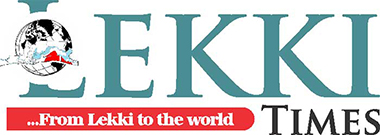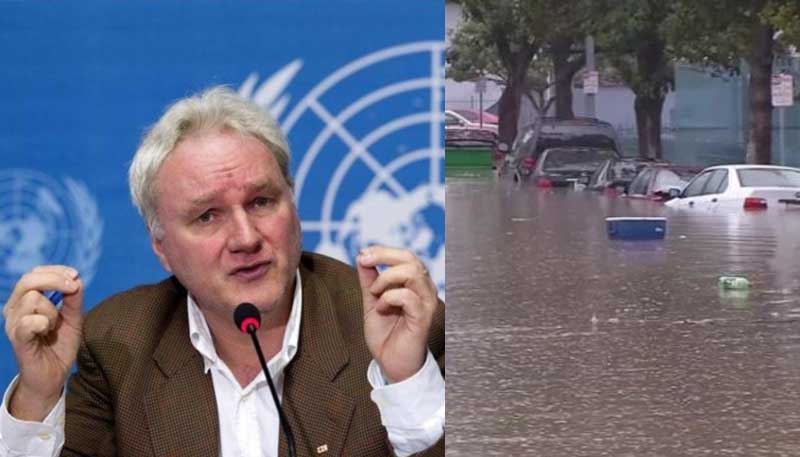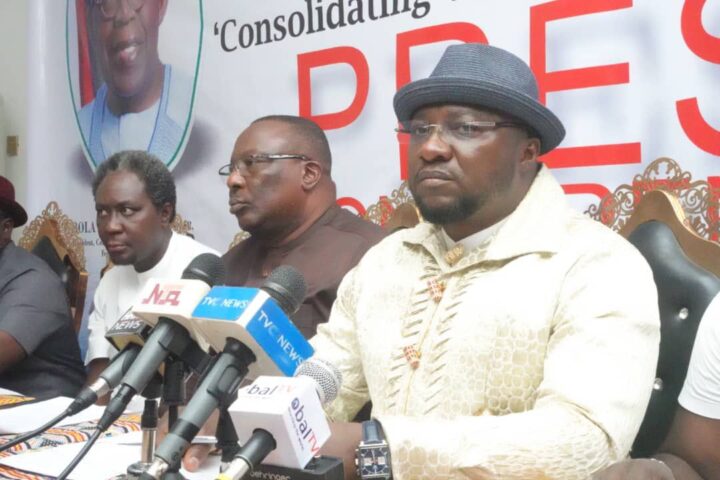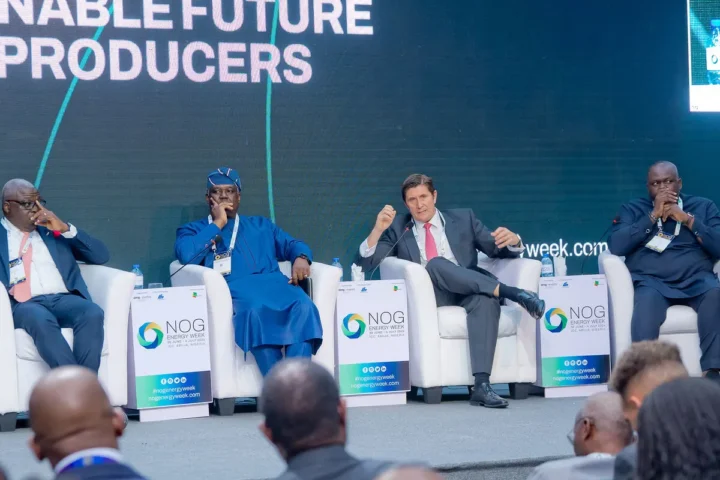The UN Resident and Humanitarian Coordinator in Nigeria Mathias Schmale on Tuesday appealed to all donors for an additional funding and resources required to respond to immediate and early recovery needs with a focus on the most vulnerable.
The International Federation of the Red Cross/Red Crescent has issued a Floods Emergency Appeal of CHF 13 million (US $13 million) to provide clean water, emergency shelter and cash assistance to half a million people in several states, including Adamawa, Anambra, Bayelsa, Kebbi, Kaduna, Yobe, and Zamfara. NEMA is expected to issue an emergency floods response action plan in the coming days.
Read more: EFCC raids bureau de change BDC markets in Abuja, arrests dealers
In a statement made available to newsmen in Abuja. Schmale said “I urge all donors and the international community to contribute to the flood response across the country quickly and generously, as well as to sustain and increase funding for the humanitarian response in north-east Nigeria. A sheet is attached to this Statement with the contacts of organisations working on the flood response.
“In the longer-term, the international community must find ways of compensating countries where the worst effects of the climate crisis are being felt much more and increase investments in climate change mitigation and adaptation.
Over this past week, I spoke with people that have lost all their possessions as a result of devastating floods, during visits to Adamawa in the north-east and Anambra in the south-east. It was humbling to observe the determination of flood devastated communities who are seeking longer term solutions to the flooding menace in the face of great adversity.
With more than a quarter of all affected people (close to 730,000 people), Anambra is the state most affected by the worst floods in Nigeria for more than a decade. I saw houses, shops, schools, and fields underwater. I met people temporarily living in camps in Ogbaru who are hoping to safely return home to salvage what is left. This is a challenge they now face every year.
As the world gathers in Egypt next week for the 27th Conference of the Parties of the UNFCCC (COP 27), there can be no doubt that climate change is real and is already affecting millions of people in Nigeria alone. Vulnerable people in Nigeria, as elsewhere in the Sahel, are on the frontline of the climate crisis for no fault of their own. The staggering devastation caused by the current floods in Nigeria and the profound impact on people’s lives are a stark reminder of the humanitarian, development, and socio-economic cost of the climate crisis on people who do the least to contribute to climate change.
Read more: I dare you to stop political ambition of any of my loyalists, Wike tell Ayu
The flooding has affected more than 3 million people. Over 600 people have lost their lives and another 1.5 million people have been forced to flee their homes. The floods have extensively damaged houses, farms, and basic infrastructure and decimated people’s livelihoods. Some 34 states are affected. The floods are increasing humanitarian needs in north-east Nigeria where people are already grappling with alarming levels of hunger and malnutrition driven by conflict, displacement, and high food prices.
The devastating floods have also struck at the same time as a worrying cholera outbreak that has killed more than 465 people and affected over 18,000 others in 31 states across the country since January. Without urgent interventions in public health and the provision of clean water and sanitation facilities, the cholera outbreaks will worsen.
While front-line local government and State workers as well as humanitarian actors are doing the best they can to provide relief, it is clear that the humanitarian response has been too slow. Floods will occur again, and important lessons need to be learned for mitigation and preparedness for a better response the next time.
As the waters are slowly receding, the most important priority now is to help people to get back to what is left of their homes and to regain lost assets and livelihoods. Immediate humanitarian assistance has to include shelter, clean drinking water, and livelihood support, including seeds, farming tools and cash assistance.
Read more: Oando set to launch electric powered Mass Transit Buses to begin operation in Lagos by 2023
We must ensure that aid reaches those most in need through the State Governments and their respective State Emergency Management Agencies (SEMA) with the support of the Federal Government and the National Emergency Management Agency (NEMA).







